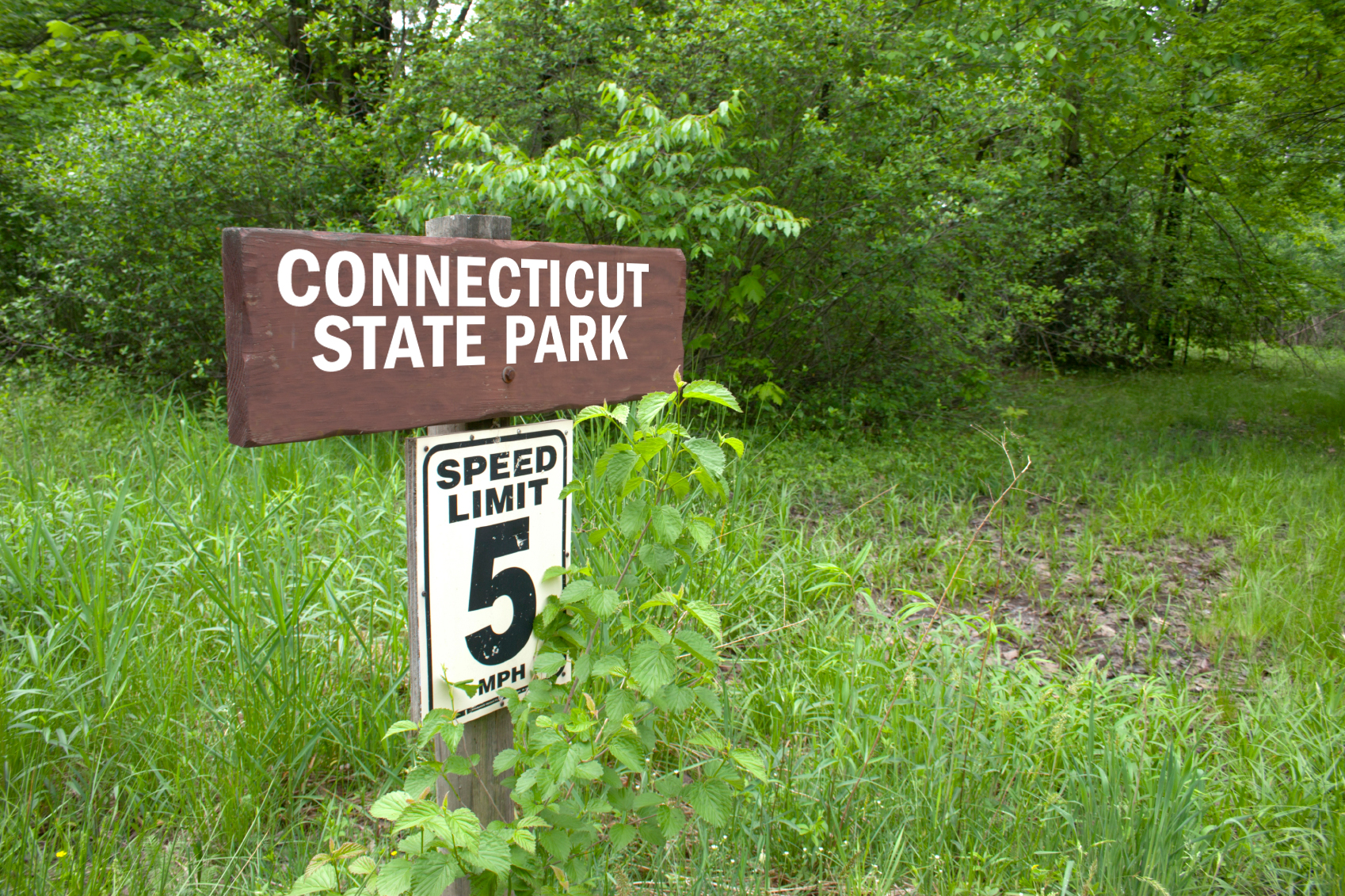As record numbers of people head outdoors for COVID-19-safe recreation, it is important to recognize that those spaces are not always welcoming to everyone.
Greenspaces, national parks, and other outdoor spaces often lag in diversity when it comes to visitors; this is important because when you see people who look like you, it makes you feel safer in a space, says Neva Taylor ’22 (CLAS), a double major in urban and community studies and sociology who is also the Communications Administrator with the UConn Extension CT Trail Census and host of the “On the Trail” podcast.
Inspired by this summer’s protests against anti-Black racism – and incidents where Black people enjoying the outdoors were threatened, as in a viral video from a Central Park confrontation – Taylor created “Walk With Me,” a miniseries within the “On the Trail” podcast exploring the experiences of people of color with nature and outdoor spaces.
“When all of the social unrest started to happen this summer, I suggested we do a mini-series where we focus and feature people of color’s voices in the outdoors,” Taylor says.
Podcasts are a great medium for sharing information and a new one for the outdoor world, says Taylor.
“I feel podcasts have broken through almost every genre of thought and you don’t usually hear about the outdoors,” she says. “Especially when you are having conversations about equity and representation, the outdoors world is often left behind. People forget that it is a space where not everyone feels included.”
Since the “Walk With Me” miniseries started, Taylor has connected with and interviewed people of color engaged with and working in communities through means ranging from increasing inclusivity in the bicycling world, organizing to revive green spaces, to connecting with nature through art. Each episode is filled with information about organizations and projects from across Connecticut and the positive work they do.
Through describing their organizations and missions, Taylor’s guests have confronted issues like racism in the workplace, how lack of public transportation to green spaces means unequal access to those spaces, unequal access to freshly grown food, and how, in order to effectively engage a community, it is vital to look for representation from within that community.
“I think I’ve been surprised at how open people are in talking about these topics, everyone is turning to people of color and that can be exhausting. I’ve been really grateful with how open they are in discussing things,” says Taylor, who says the podcast has been well received by audiences and guests alike.
Though difficult themes like racism, unequal access to resources, and lack of representation are explored, Taylor says another thread is always there as well – hope.
“It is very easy to be a cynic, but I really do think they have hope for Connecticut and for communities to have more access in the future,” she says. “We take it for granted so much, the access that we have. Especially now with COVID, I always ask about final takeaways and stories of hope for something recent that is giving hope for the future.”
Taylor concludes each episode by summing up what resonated with her the most. Listeners are learning about the organizations, the experiences of the interviewees, and ways to take action — all important information for those wanting to contribute in tangible ways, she says.
“Educate yourself about how unequal the outdoors is and learn how you can be a more accepting person,” Taylor says. “Not everyone can donate time or money, but everyone should be able to donate at least some of their time to educating themselves. Just remember that there are things you can do to help out, in-person and in educating yourself, your friends, and your children.”
Taylor says this is particularly important, since many people often have no idea where to start making positive contributions.
“I think a lot of the problems stem from people feeling like they do not know what to do,” she says. “And I don’t think there is anything wrong with not knowing how to help, but I think a huge part of helping includes educating yourself. So listening to podcasts like these, finding resources to listen to people of color’s voices, just making sure that you are going out of your way to understand someone else’s perspective, is a huge part.”
At the conclusion of Episode 6, Taylor offers a summation that could stand as a mission statement for the entire project: “When outdoors, recognize who you are looking at. Sometimes it can be very easy for us to not see certain things. Make the effort to be present in the outdoors and if you see that maybe you only see the same people, if you have friends of different ethnicities, invite them outdoors. Keep your arms open, invite them in, do everything you can to be open and accepting. More representation is never not going to be a good thing.”
Listen to the Walk with Me series of the “On the Trail” podcast by following the link. You can also find the podcast on Spotify. To learn more ways to help elevate BIPOC voices and be an anti-racism ally visit the CT Trail Census resource guide for anti-racism in the outdoors.



